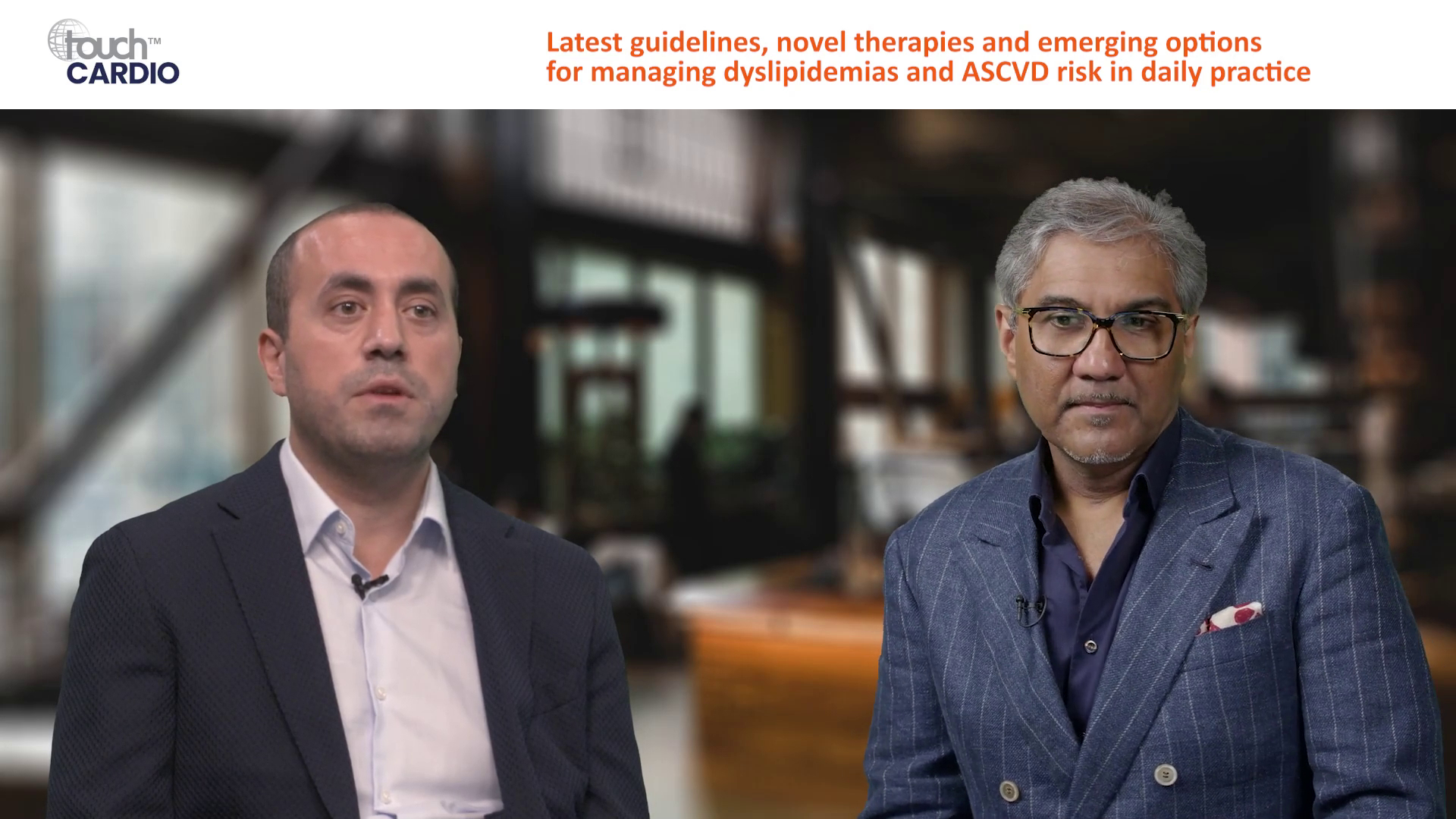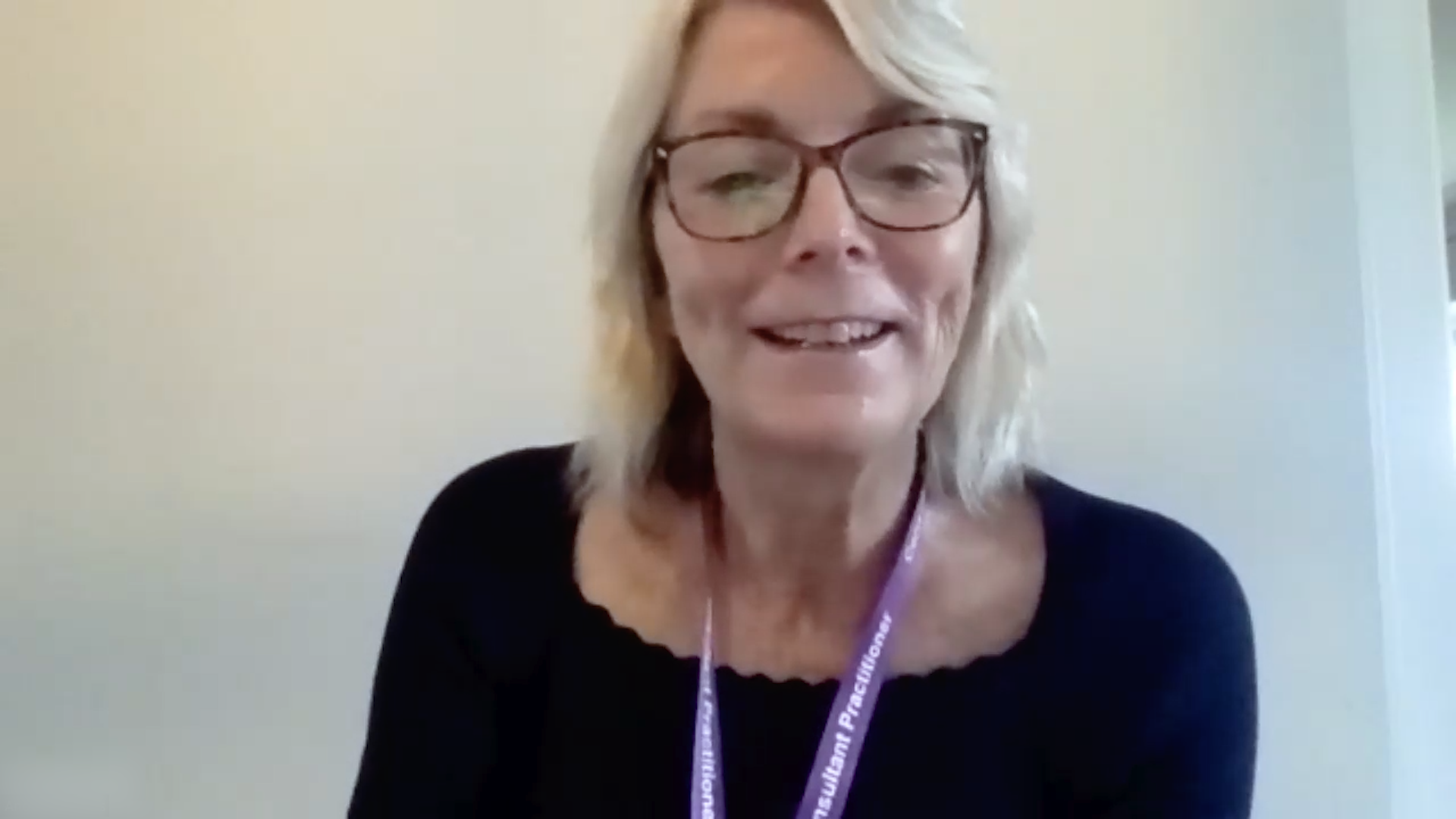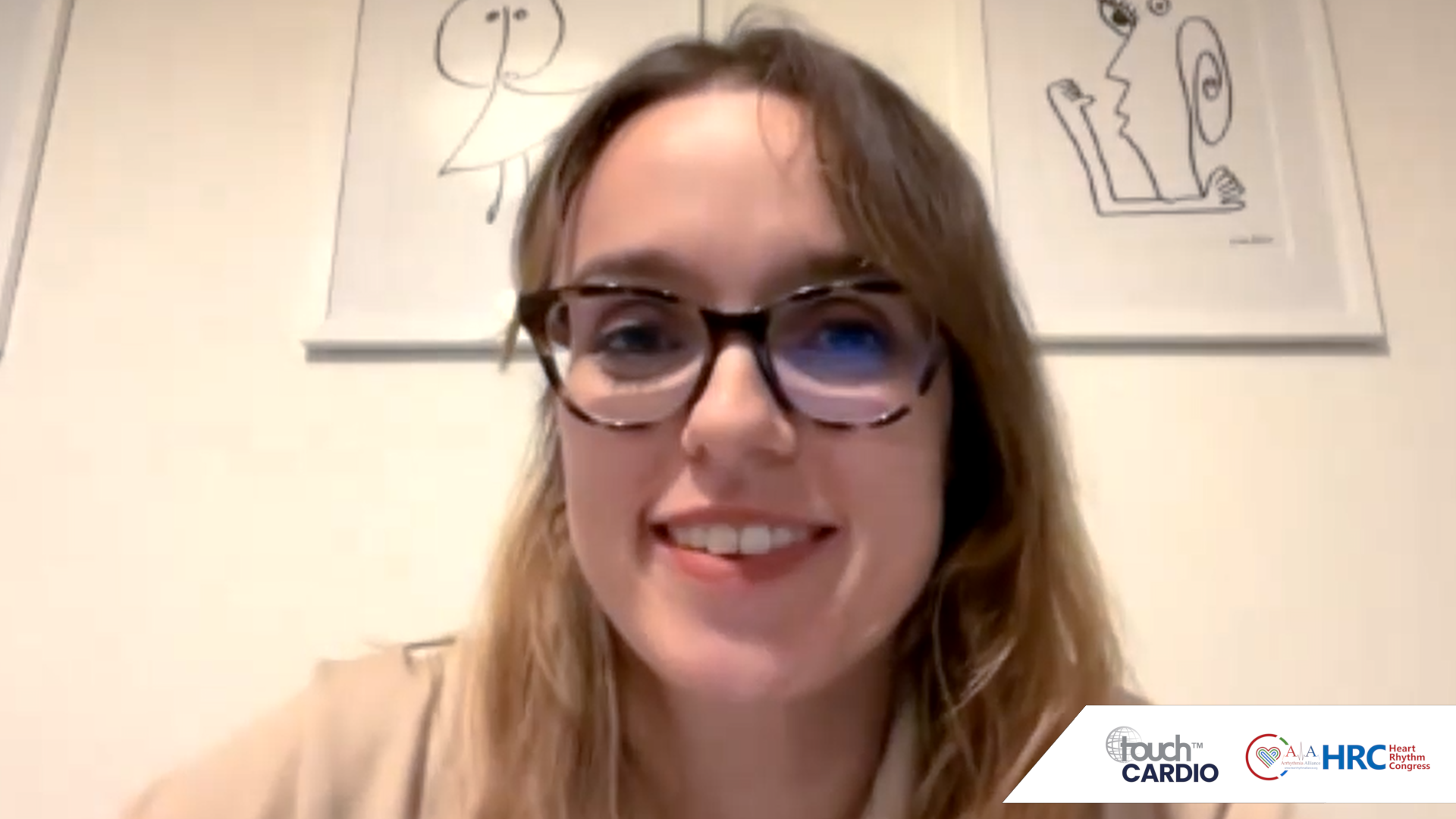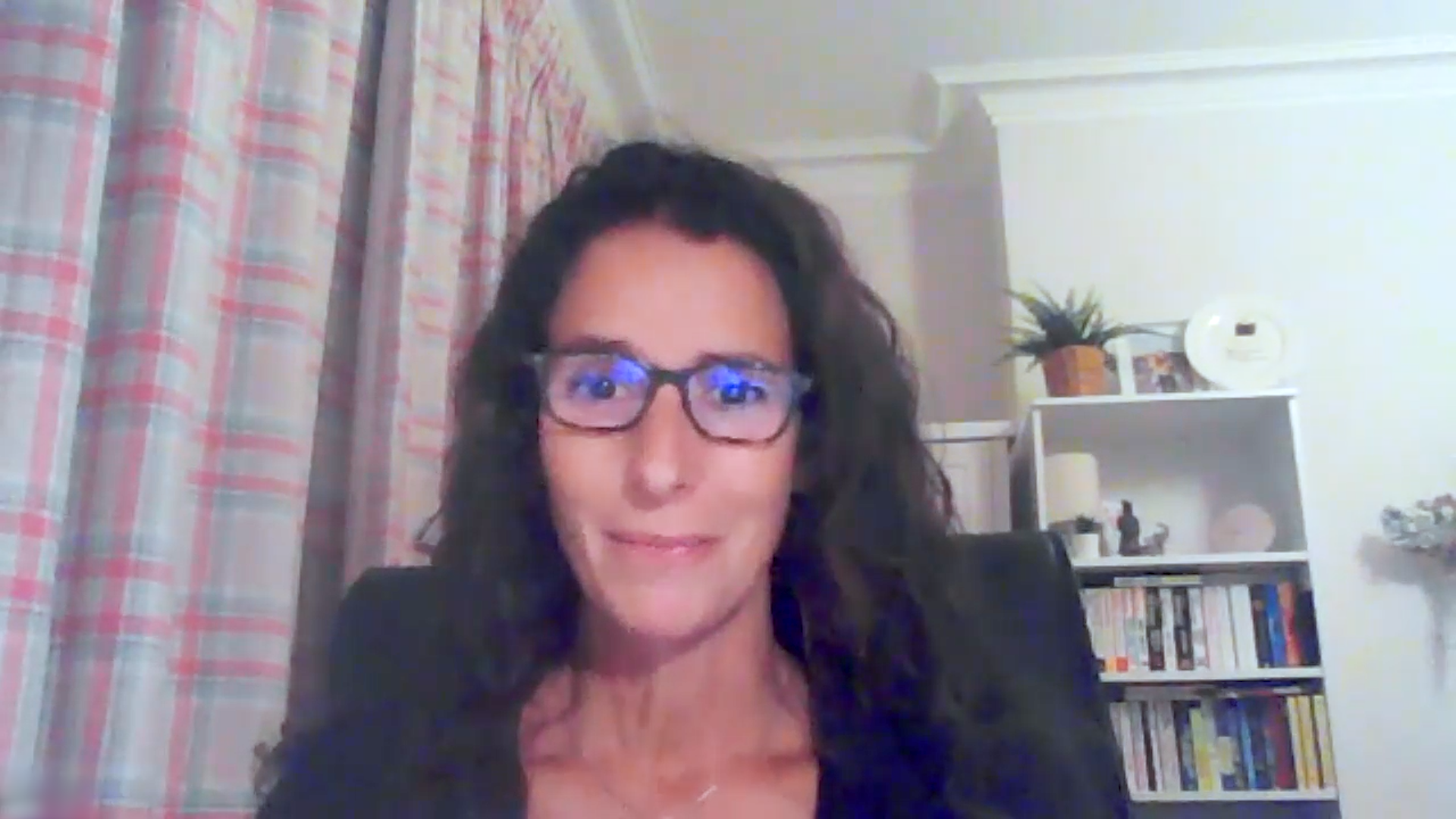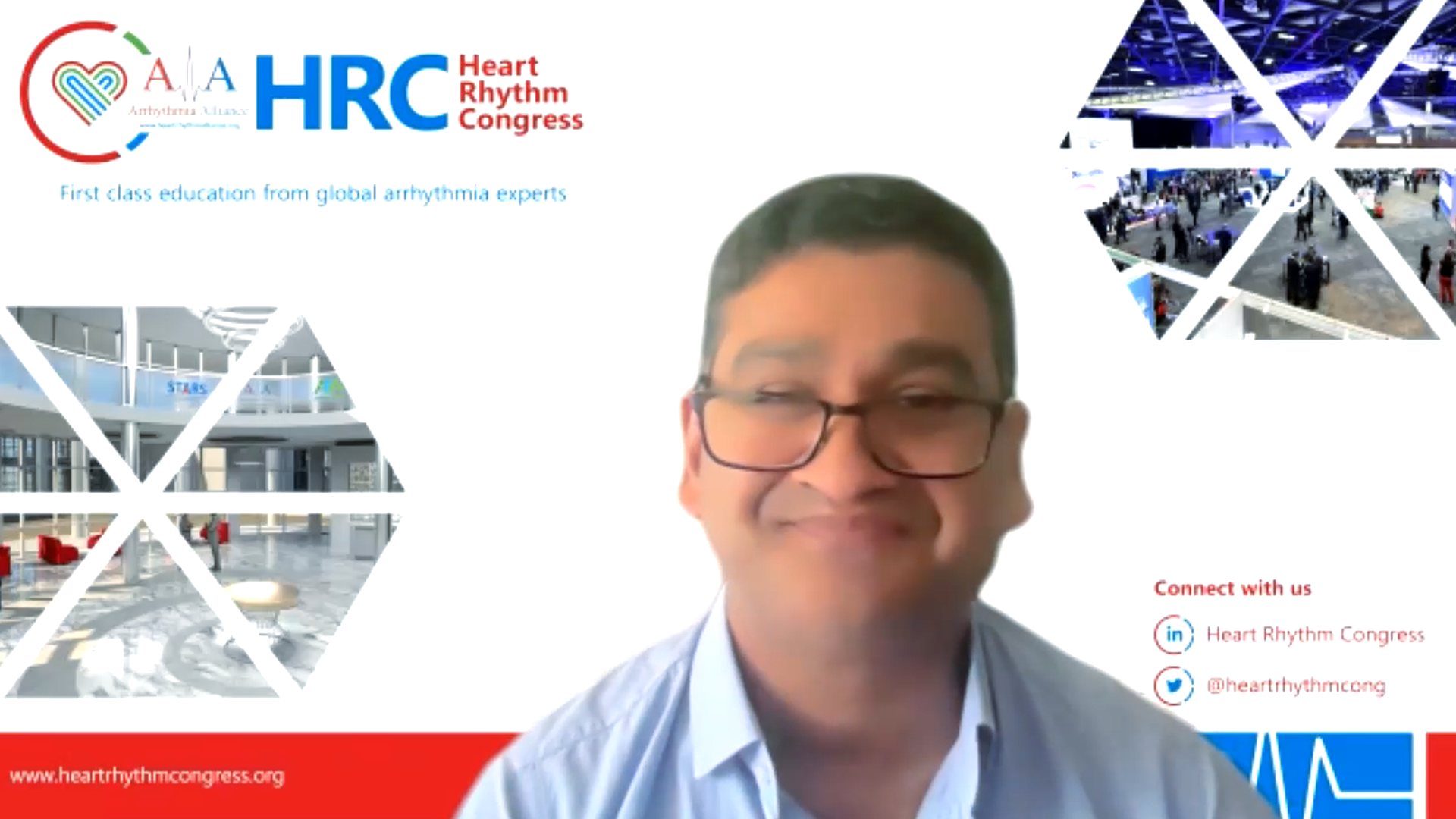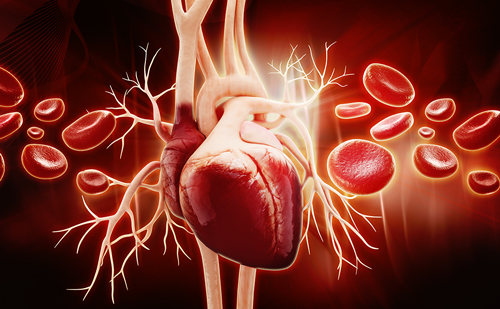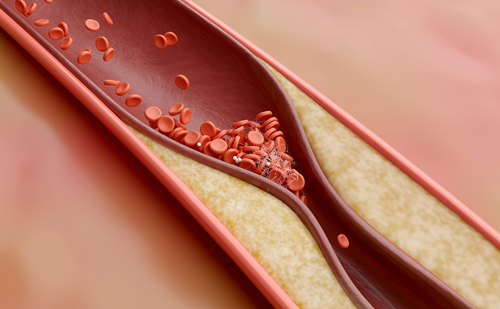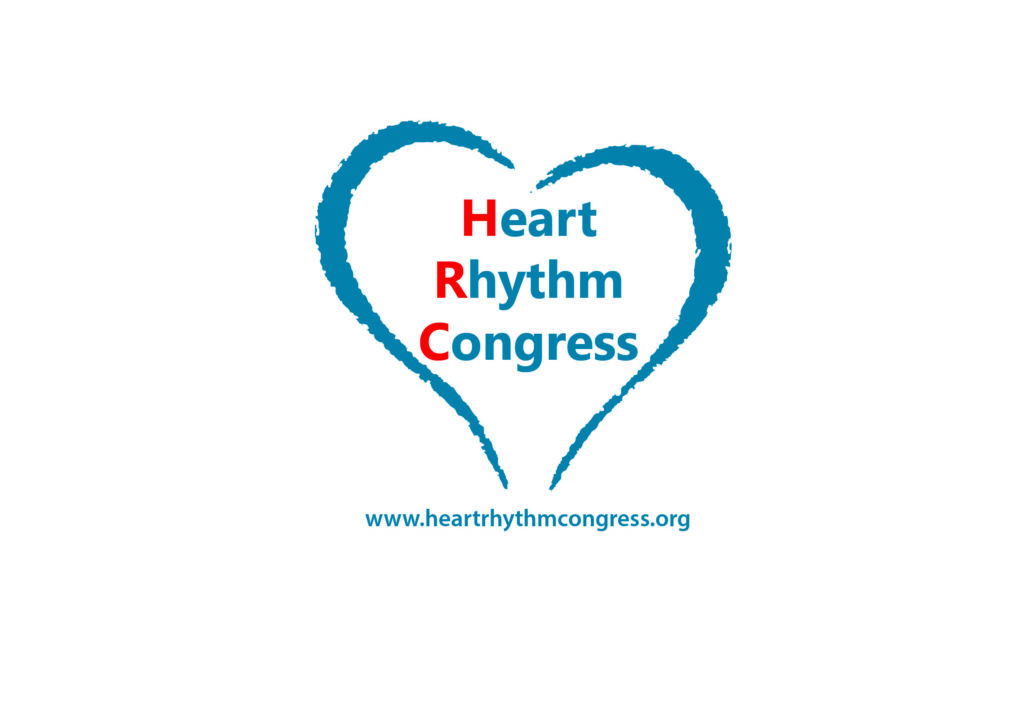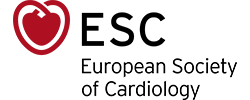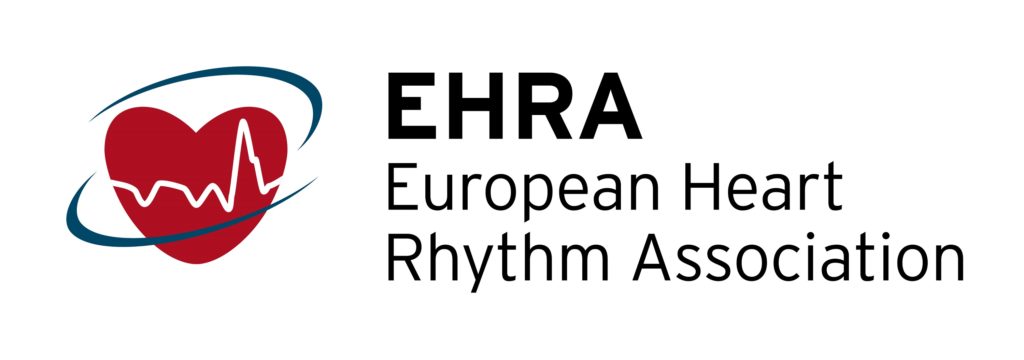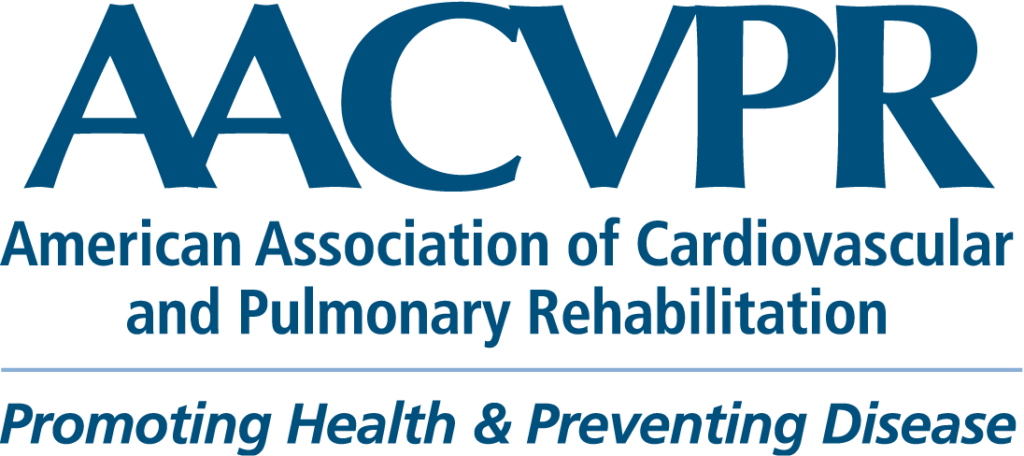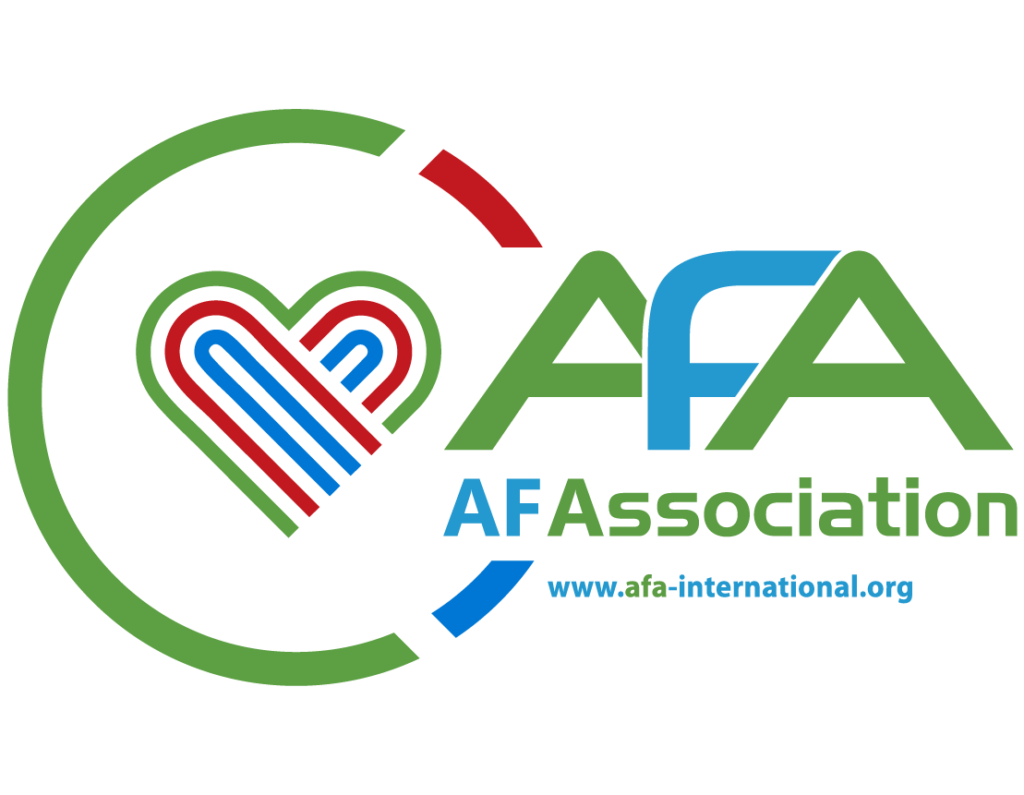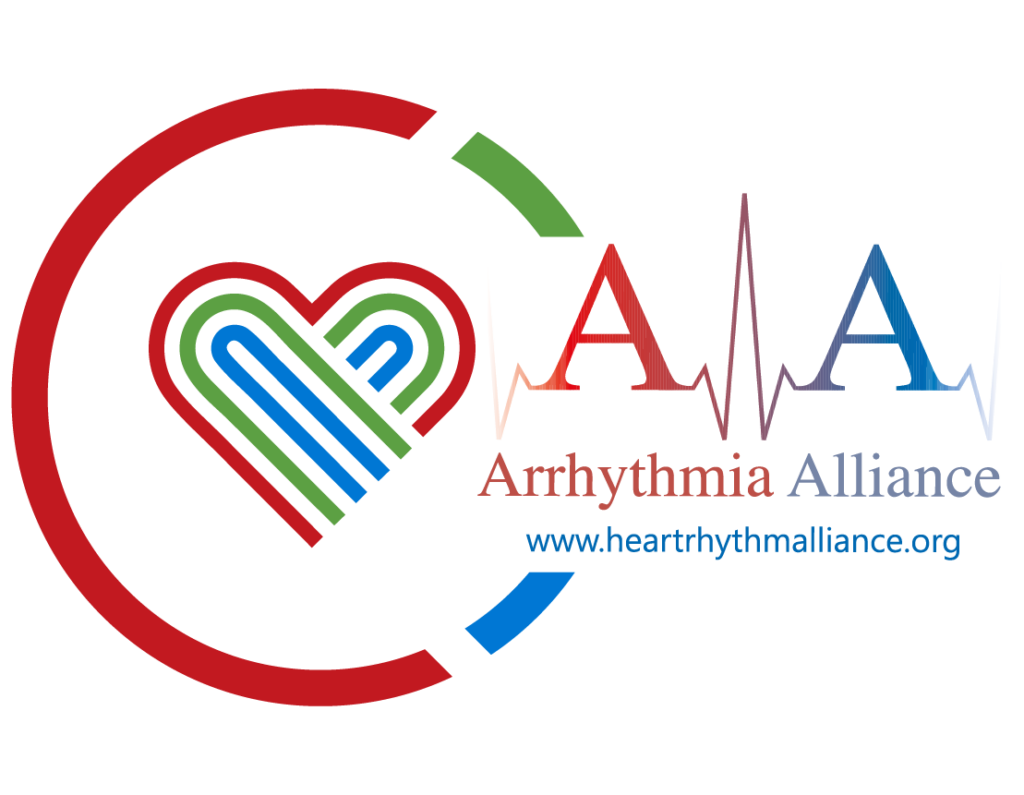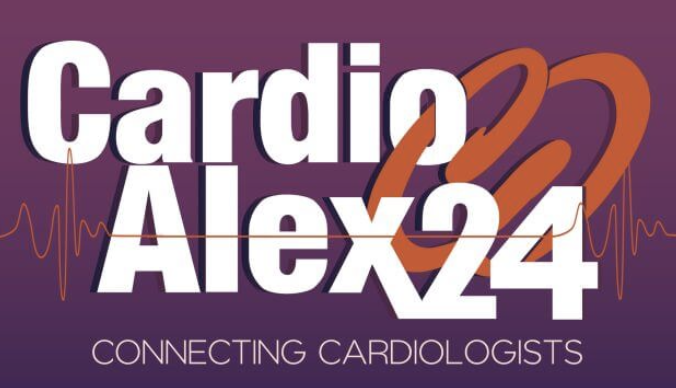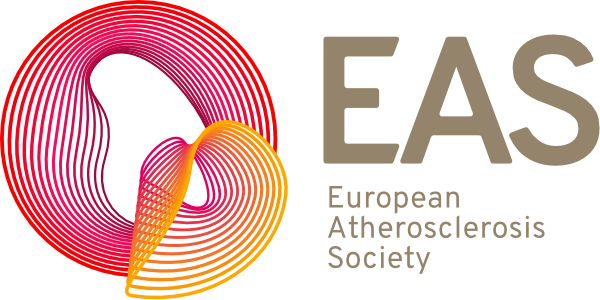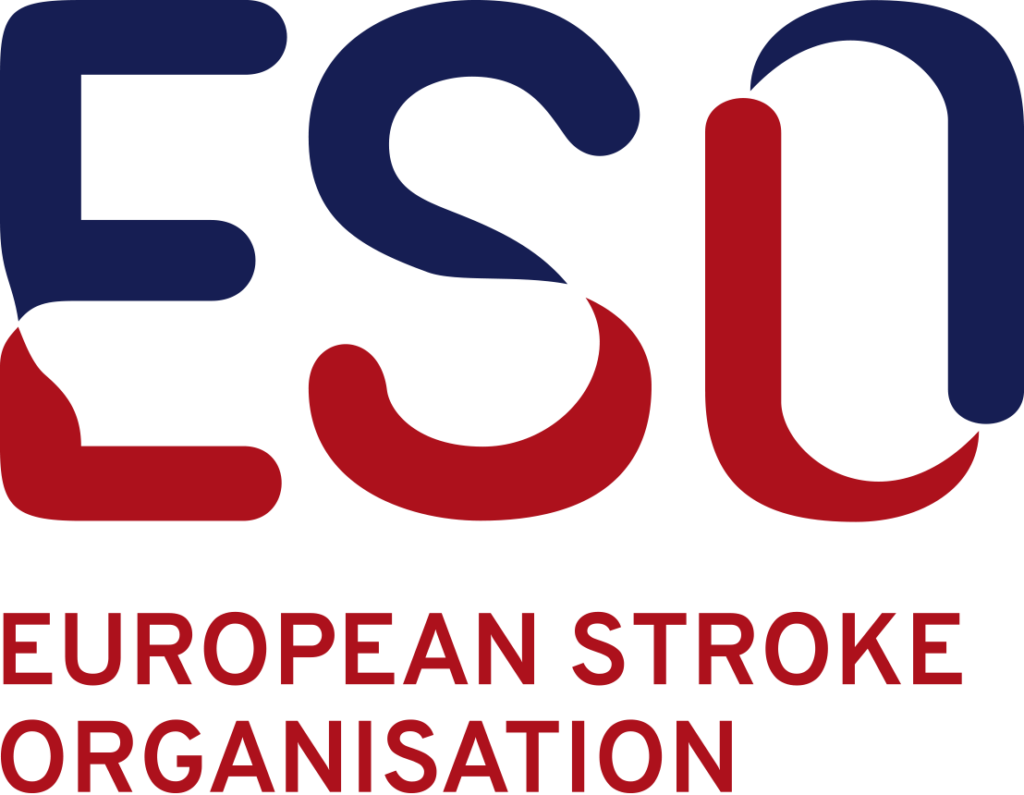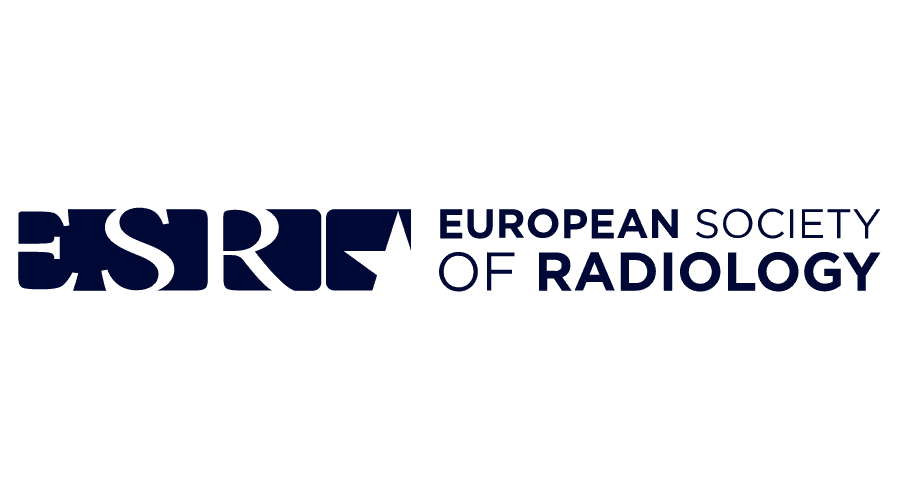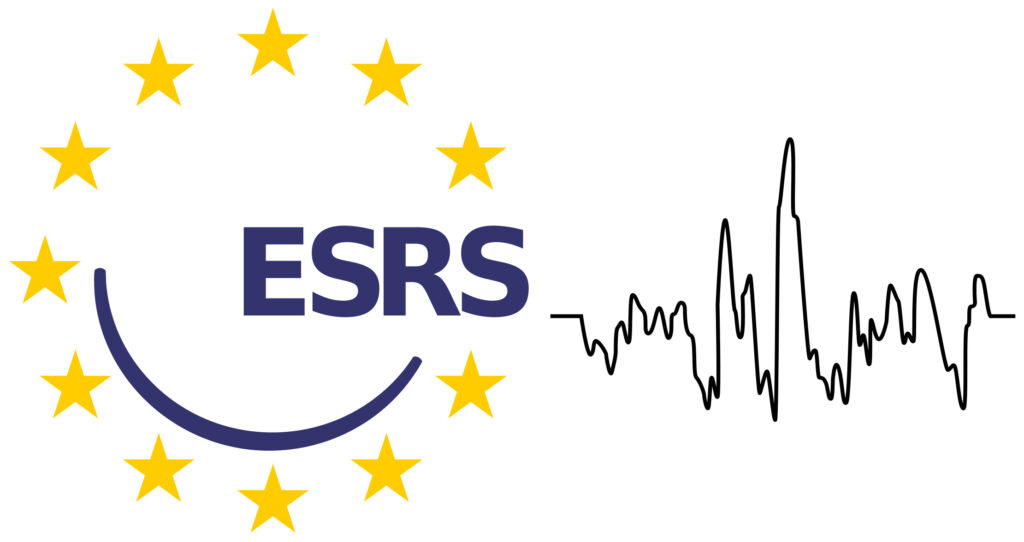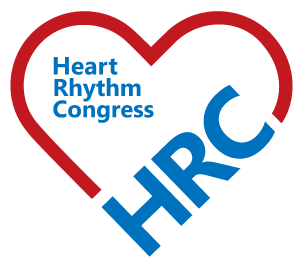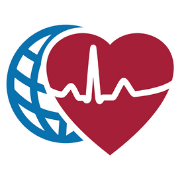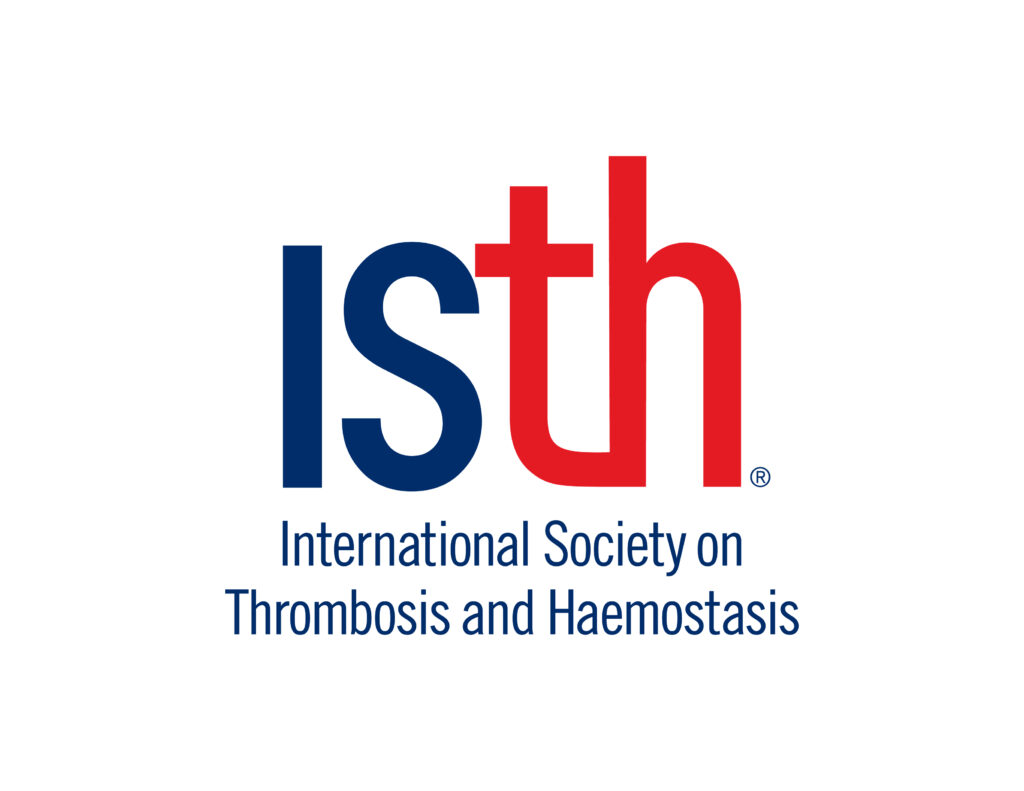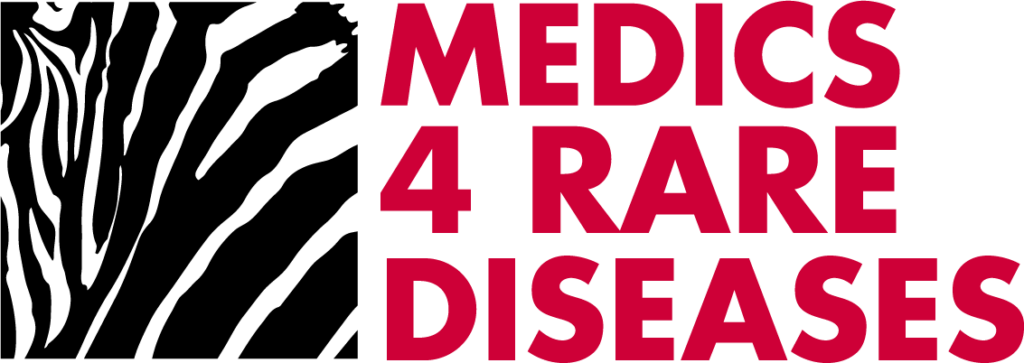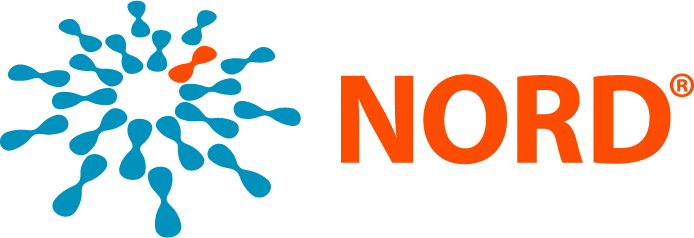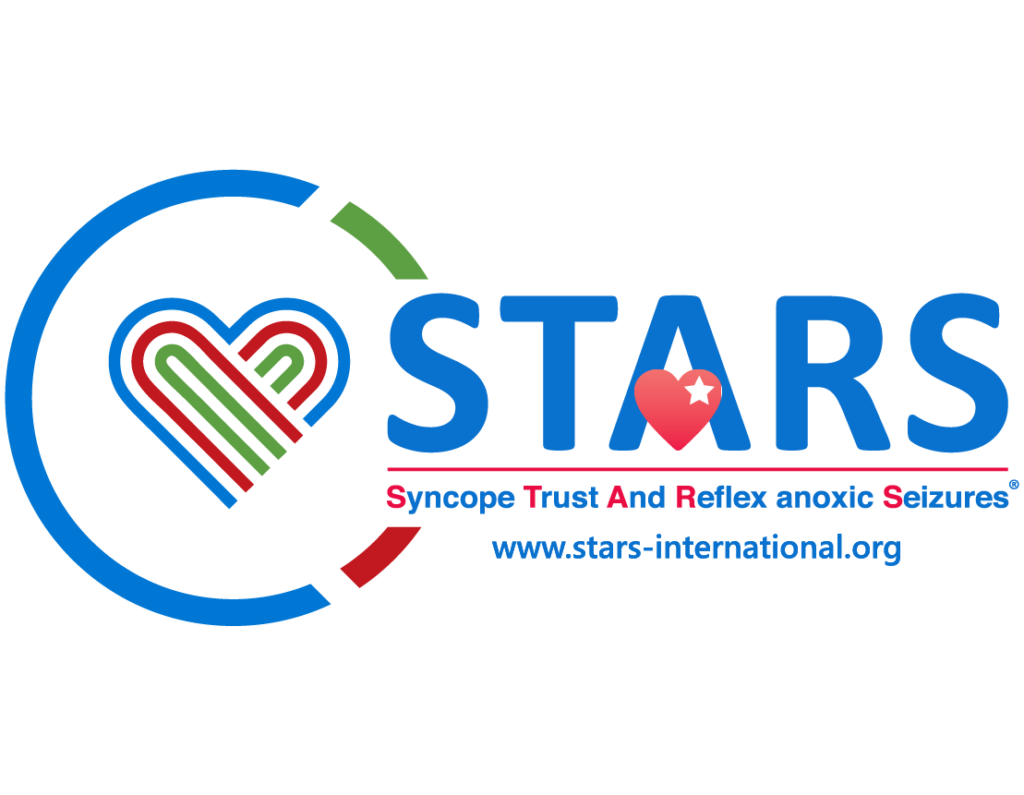Trending Across touchCARDIO
At a glance: education, conference reports and articles
More From The Conference Hub View All
View highlights and coverage from leading international Cardio congresses
Latest Journal Articles View All
Read the latest articles from our peer reviewed Cardio journals published by touchCARDIO
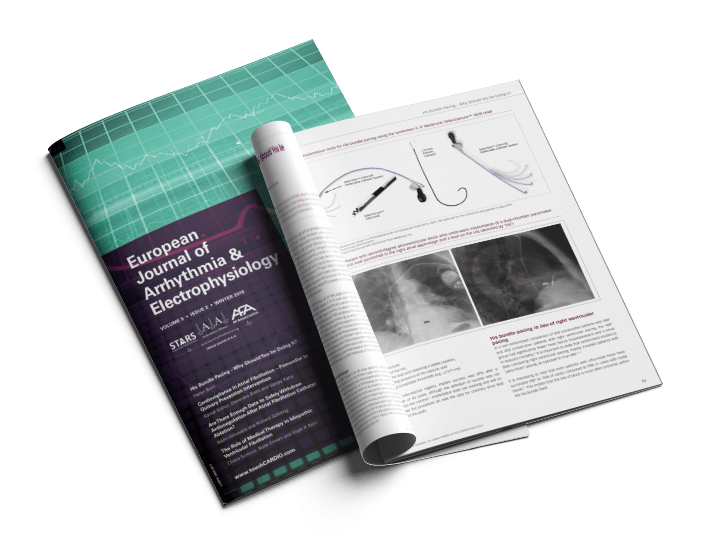
Want To Know More About Our Journal?
Taking a balanced and practical view of the current clinical landscape in Cardio is at the heart of touchCARDIO and the journal we produce.
The European Journal of Arrhythmia & Electrophysiology and Heart International are double-blind peer reviewed by at least two independent experts in the field to ensure articles are balanced, objective and relevant to the day-to-day clinical setting.
Learn more about our journalSociety & Congress Partners View All
touchCARDIO is proud to partner with leading medical societies and congresses from around the world to bring you news and insight from virtual and live events





